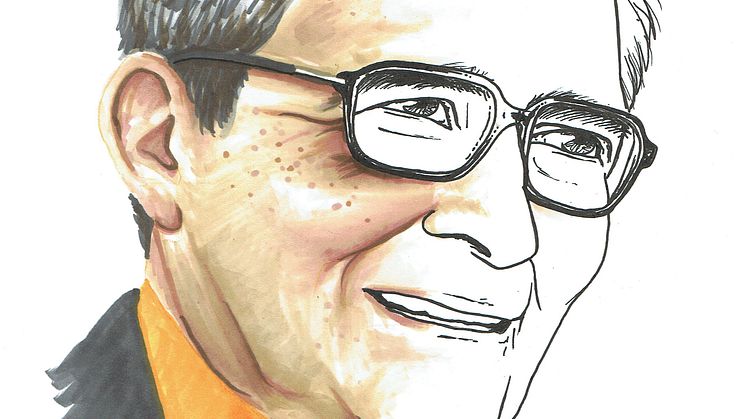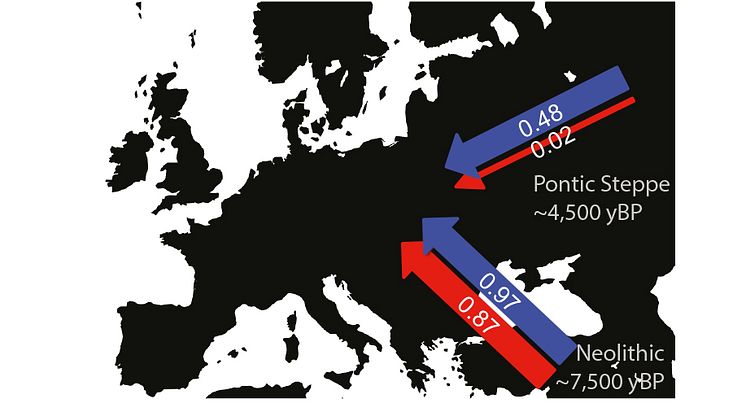Magnetic order in a two-dimensional molecular chessboard
Achieving magnetic order in low-dimensional systems consisting of only one or two dimensions has been a research goal for some time. In a new study published in the journal Nature Communications, Uppsala researchers show that magnetic order can be created in a two-dimensional chessboard lattice consisting of organometallic molecules that are only one atomic layer thic


